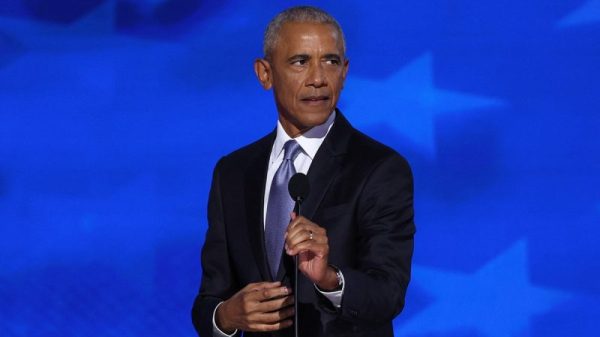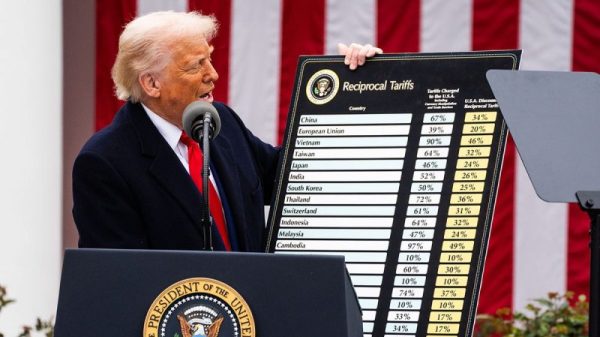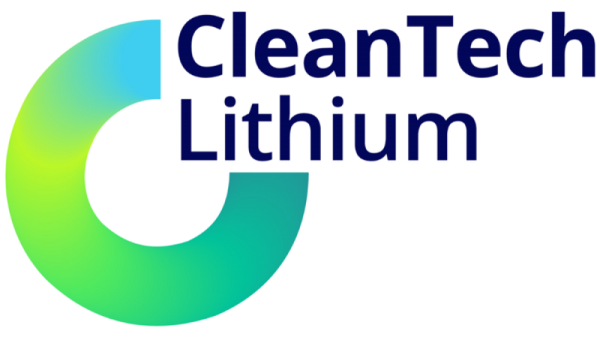Congress returns to Washington on Monday with limited time to prevent a government shutdown and November’s elections already clouding conversations over federal financing.
Funding for the federal government expires Sept. 30, when the 2024 fiscal year ends. Without new legislation, the government would shut down while millions of voters, including in some battleground states, are already able to cast their votes.
Congress is set to consider a stopgap funding bill, called a continuing resolution or CR, to keep operations going at current levels and buy legislators more time to craft annual spending bills. But Republicans, who control the House, and Democrats, who run the Senate, disagree on how long to extend funding for — a crucial question in which control of the White House weighs heavily.
House Speaker Mike Johnson (R-La.) plans to put a CR up for a vote that extends federal funding until March 28. He is set to attach unrelated legislation that would require voters to show proof of citizenship before registering to vote for federal elections. That bill already passed the House in July. Noncitizen voting is already illegal in federal races, and election administration experts say the proposal could wreak havoc on states’ ability to run elections.
“House Republicans are taking a critically important step to keep the federal government funded and to secure our federal election process,” Johnson said in a statement. “Congress has a responsibility to do both, and we must ensure that only American citizens can decide American elections.”
Democrats — and even some senior House Republicans — prefer a continuing resolution that extends until just after the November vote, allowing lawmakers in an end-of-year “lame duck” session to hammer out funding bills with fewer political consequences for either side and freeing whoever is president come January from an early spending fight.
“I would rather get these fiscal year 2025 bills out of the way so that when you do have Trump in the White House, you have a Republican House and Republican Senate, we can spend the beginning of this next Republican presidency not dealing with last year’s battles, but dealing with the very, very ambitious agenda the President Trump has put forward,” Rep. Mario Diaz-Balart (R-Fla.), a senior member of the Appropriations Committee, told The Washington Post.
The disagreement is not much of an impasse, lawmakers say. The most likely scenario, officials from both parties privately concede, is that Democrats will reject the voting restrictions while Republicans demand the March funding deadline.
The longer bill, though, will force Congress later this calendar year to consider additional spending legislation for other programs set to expire before March or those that need supplemental resources.
The Department of Veterans Affairs requires an additional $15 billion: $3 billion to make up for a looming benefits shortfall, and $12 billion in resources to provide care for military service members suffering from the affects of toxic burn pits. House appropriators introduced legislation Friday to make up for the benefits needs, but have not addressed the remaining issues.
Portions of the farm bill, the massive five-year agriculture policy legislation, expire Sept. 30, and others expire at the end of the year. Lawmakers considered attaching a one-year farm bill extension to the CR, but opted against it.
Leaders from both parties favor providing Maryland additional money to rebuild Baltimore’s collapsed Francis Scott Key Bridge. That, along with funding for other failing roadways, could cost up to $3.1 billion. Those funds were also not included in the CR.
“We need a continuing resolution because House Republicans let their most extreme members drive the ship. A continuing resolution that ends in December — rather than one that lasts a half year — is better for our national security and military readiness, veterans and their families, victims recovering from natural disasters and all hardworking American taxpayers,” Rep. Rosa DeLauro (Conn.), the top Democrat on the House Appropriations Committee, said in a statement.
The relative calm in the spending debate is tenuous. Election momentum could change the political calculus of either side.
House Democrats are bullish on their chances of winning the majority, and with a March deadline could control the levers of power to write their own funding bills if they hold the Senate and the White House. Republicans, also eyeing a sweep of Congress and the White House, see the later deadline as a chance to solidify their legislative priorities, too.
But pushing the funding fight into 2025 would complicate the next president’s first 100 days in office, when Democrats would hope to expand voting rights and pursue new social spending for child care and other programs, and Republicans would try to pass a sweeping tax law.
GOP presidential nominee Donald Trump could also influence the government funding picture. Trump and Republican officials nationwide have falsely spread rumors that noncitizen voting could sway the outcome of the presidential race. In fact, noncitizens casting ineligible ballots is vanishingly rare. But as Trump makes the innuendo a larger part of his campaign, some of his chief backers in Congress could feel compelled to demand voter eligibility restrictions remain part of the continuing resolution. And Republicans hope to use the issue to force vulnerable Democrats to discuss immigration, a policy area where polls show conservatives with a clear political advantage.
Marianna Sotomayor contributed to this report.


































